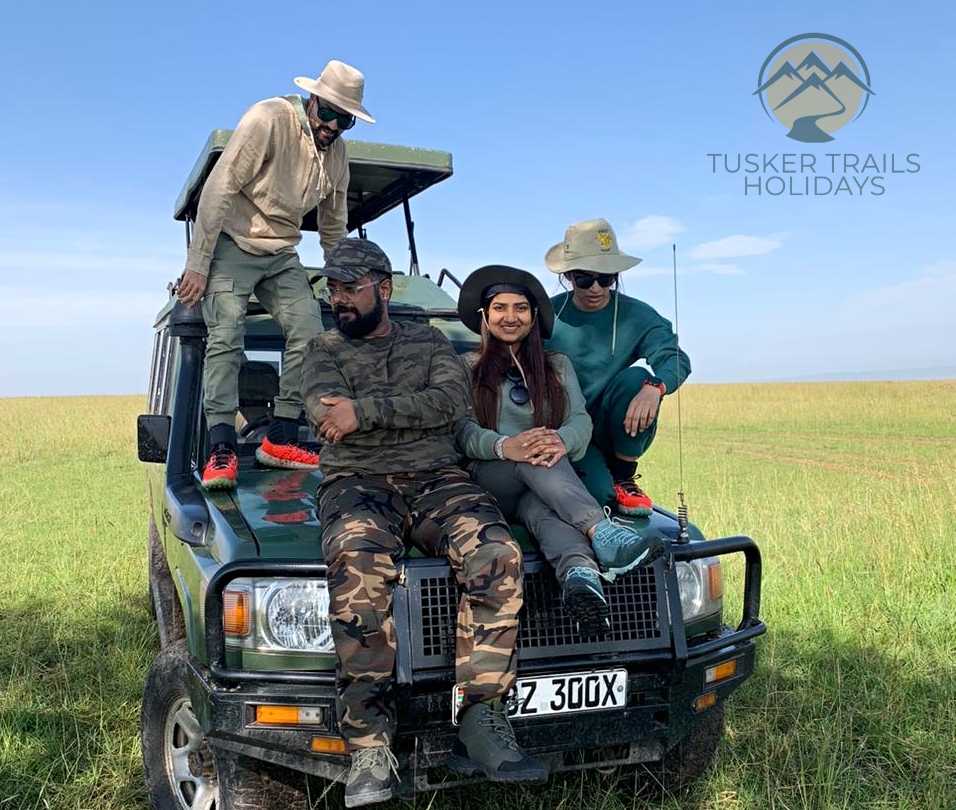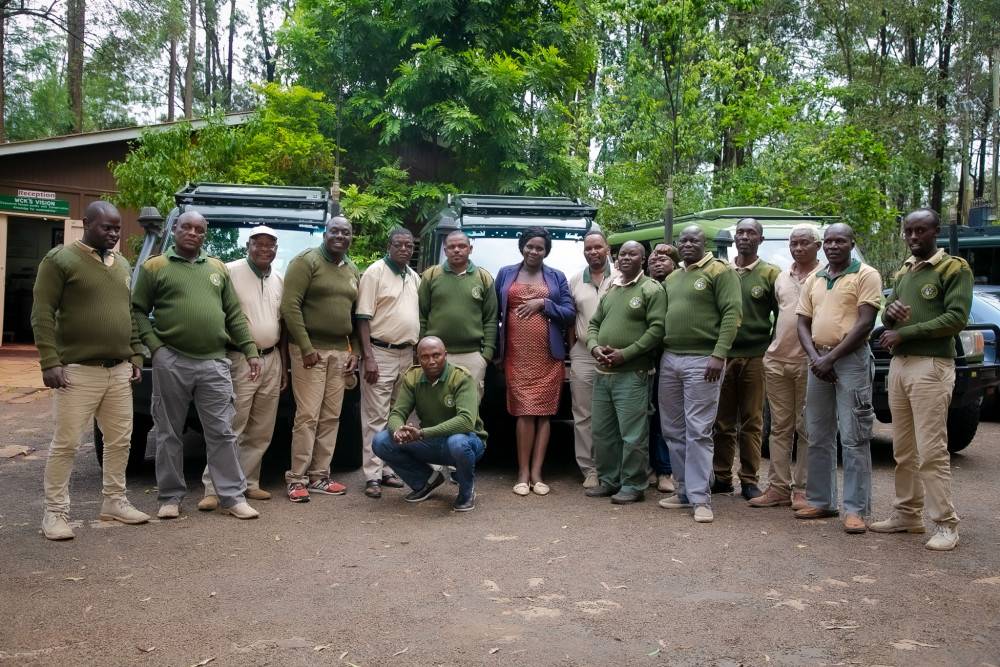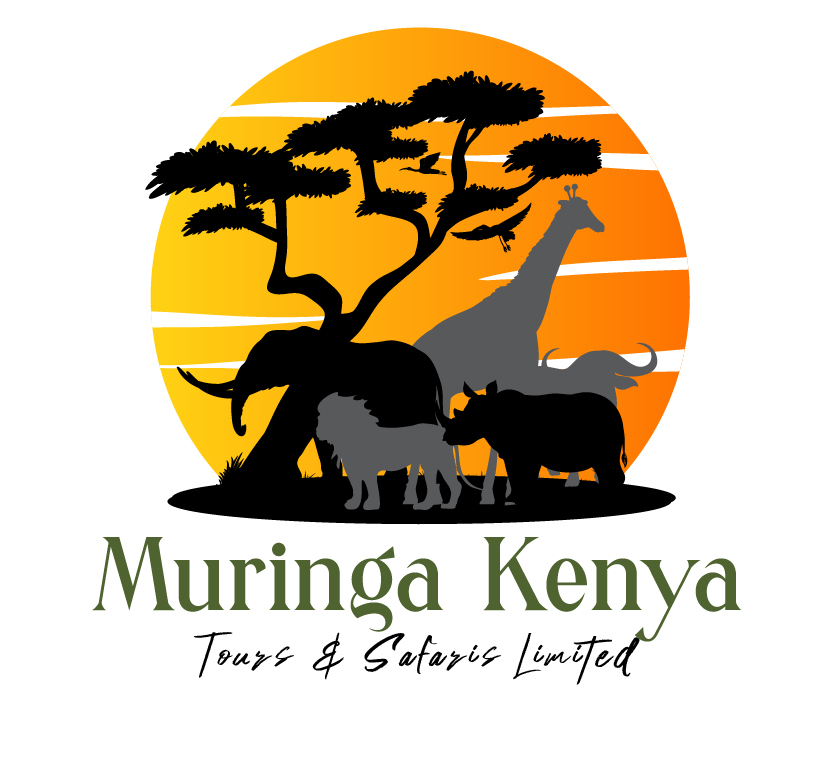Good Suggestions For Selecting Island Snorkeling In Mombasa
Good Suggestions For Selecting Island Snorkeling In Mombasa
Blog Article
What Transport Arrangements Should I Be Aware Of Before A Vacation In Mombasa Kenya?
Knowing the different options for transportation for Mombasa is crucial to enjoying a pleasant and memorable holiday. Here are a few key points to consider for your Mombasa Kenya holiday.
1. How do I get to Mombasa
Moi International Airport (MBA), the main airport for Mombasa is located in Moi. It offers international and local flights. Mombasa is served by a variety of major airlines.
By Train By Train Madaraka, operated Kenya Railways offers a modern railway service that is well-equipped between Nairobi, Kenya, and Mombasa.
Bus Service: Buses are provided between Mombasa in Kenya as well as major cities such as Nairobi and Nairobi.
2. Local Transportation in Mombasa
Taxis and ride-hailing services are available in abundant. Uber and Bolt provide ride-hailing alternatives in Mombasa.
Tuk-tuks are three-wheeled vehicles that are very popular and affordable to travel in cities. They are great for shorter distances.
Matatus: These are shared minibuses that travel on certain routes. They are the most common form of public transport. They're a good option for those who can afford it but they are also less comfortable.
Boda bodas: Motorcycle taxis are a fast and easy way to travel especially in areas with massive traffic.
3. Car Rentals
Rent a car at the airport or in the city. Rental companies, both local and international provide an array of vehicles. Be aware of the local traffic and driving laws.
The chauffeur service: For those who do not like driving, chauffeur driven car rental is also offered.
4. Ferry Services
Likoni-Ferry: This boat ties Mombasa to the southern part of Mombasa, which is located on the mainland. It is crucial to access the southern beaches. It is free for pedestrians. Cars pay a cost.
5. Excursions & Day Trips
Tour Operators: A lot of tour operators offer guided tours to popular destinations like Mombasa Marine National Park (Fort Jesus) and the nearby beaches, like Diani or Nyali. The tours typically include transportation.
Public transportation: For solo travelers, matatus and tuktuks are great options to travel to places of interest.
6. Walking and cycling
Bicycle Rentals - Some areas such as along the coast provide bicycle rental services for leisurely exploration.
Walking: In certain parts of Mombasa (especially the Old Town area and the beaches) Walking is feasible.
7. Tips for Travelers
Only use taxis when they are reliable and avoid public transportation during the night. Be vigilant about your belongings.
Negotiation: If you are in the market of taxis or Tuk-Tuks it is recommended to negotiate your fare in advance. Meters aren't widely used.
Traffic: Be prepared for traffic jams in peak times, particularly around the Likoni Ferry and central business district.
Understanding these options and making the right arrangements can ensure that you enjoy a a stress-free holiday in Mombasa. View the top park funzi for blog tips including mombasa safari packages, tours & safaris, tours and safaris, africa and safari, africa tours and safaris, african safari tours, kenya safari beach, holiday packages mombasa, safaris beach, trips to kenya safari and more.
What Is The Cultural Sensitivity I Need To Be Aware While Traveling To Mombasa Kenya On A Holiday?
To ensure that you have respectful interactions with locals and improve your travel experience it is essential to be culturally sensitive when you are on vacation in Mombasa. Here are some suggestions to consider:
1. Dress according to local code of dress
Modest clothing: Mombasa has a significant Muslim number of Muslims. In public spaces or places of worship, as well as in the areas of the neighborhood, it is crucial to dress modestly. This means that you should dress in a modest manner, covering your chest, shoulders knees, legs, and shoulders.
Beachwear: Swimwear is appropriate on the beach, but it's advisable to cover up before leaving the beach or going to nearby shops and restaurants.
2. Religious Sensitivity
Visiting Mosques: If would like to visit a mosque, seek permission first. Dress appropriately. Women are required to cover their heads and everyone should remove their shoes before entering.
Prayer Times: Be mindful of the five times for daily prayers and be respectful especially when you're close to the mosque of a Muslim.
3. Photography Etiquette
Permission: Always request permission before taking photos of people, particularly in rural or traditional environments. Some people might be uncomfortable and may think that they are being ostracized.
Avoid taking photos at sensitive sites such as military bases, government buildings or places of worship that could prohibit photography.
4. Social Interactions
Salutations: It's important to greet people politely. Swahili has a greeting called "Jambo", or "Hello". It is commonplace to shake hands however, it's better for Muslim women to wait until their hands are extended or to greet in a more formal manner.
Respect your personal space. Be careful of any physical contact.
5. Cultural Taboos and the Norms
Public Displays of Affection Limit publicly displayed affection displays because they are typically considered to be inappropriate.
Left Hand Usage - Traditionally the left hand was regarded as unclean. Use your right hand for eating, greeting and exchanging items or money.
Feet: exposing the soles of your feet or pointing your feet at people is considered to be disrespectful.
6. Language and Communication
Basic Swahili A few phrases from Swahili can be a great way of creating respect and building relationships with the locals. The most popular Swahili phrases include "Asante" that means "thank you" as well as "Habari", which means "How do you feel?" ).
Politeness: Always be polite and patient in your communications. Kenyans appreciate respectful and courteous interactions.
7. Respect for local Customs
Traditional Practices: Respect traditional ceremonies and practices. If you are invited to an event in your area, observe and follow the lead of your hosts.
Shopping in local shops and markets is common. But, it's best done with humor and respect. It's a cultural practice rather than a confrontational one.
8. Alcohol and Smoking
Consumption: Alcohol can be purchased but should be consumed discreetly especially in predominantly Muslim regions. Beware of drinking in public.
Smoking: Smoking is typically prohibited in public spaces. Smoking areas are usually designated.
9. Environmental Respect
Beware of littering. Make sure you get rid of your trash properly. Take care to respect wildlife and natural areas.
Conservation: Contribute to conservation efforts by preserving local wildlife and their habitats. Avoid purchasing products that are made out of endangered species.
10. Supporting Local Communities
Local Businesses: Help local businesses, local markets, and artisans to help the local economy.
Responsible Tourism: Engage in responsible tourism by selecting eco-friendly and community-based tourism options that are beneficial to the local population.
You can increase your understanding of the local culture by following these guidelines to be sensitive to culture. Check out the most popular best holiday destinations in kenya for website tips including cheap kenya safari packages, africa tours and safaris, trips to kenya africa, african safari excursions, kenya safari tours, mombasa beach kenya, african safari excursions, kenya safari and beach, tours & safaris, safari excursions and more.
What Financial Planning Considerations Do I Have To Be Aware Of While I Am On Holiday In Mombasa, Kenya?
If you are contemplating your trip to Mombasa, Kenya be sure to budget your money well. It will guarantee that the trip is enjoyable. Here are key aspects to bear in your mind:
1. Budgeting
Accommodation: Reserve your lodging at least a month in advance. The cost of lodging varies based on the area and type.
Include costs for transportation such as taxis, flights as well as matatus (local transport), and car rentals.
Budget for all meals, including food and eating out. Prices can range from low-cost local restaurants to expensive restaurants.
Plan your activities and tours Consider the costs of entrance fees, guided tours, and other activities, such as safaris, water sports, or cultural tours.
2. Currency and Exchange Rates
Local Currency: The currency in Kenya is the Kenyan Shilling (KES). Find out the exchange rates.
Currency Exchange Currency Exchange: You can exchange currency at reputable banks, bureaus of currency exchange, or at your hotel. Don't exchange cash on the streets.
ATMs: Mombasa has many ATMs. Make sure that your card is able to handle international withdrawals.
3. Payment Methods
Cash: Always have cash on hand to pay for things like small purchases, tips and in places that do accept cards.
Most major credit cards can be used in restaurants, hotels and larger stores. Inform your bank as quickly as you are aware of your plans so you can ensure that your card is not blocked.
Mobile Payments: Mpesa is a widely used mobile payment system in Kenya. You can use it for transactions, if you're planning to get an local SIM.
4. Cost-saving Tips
Travel outside of the season. You can save on hotel and airfare by traveling during the shoulder season or the low season (April-June and October through November).
Make sure to book in advance to get better rates on flights.
Local Eateries - Eat at local eateries and food stalls for an authentic experience and cost-effective prices.
5. Tipping
Tipping in Kenya is a standard procedure in Kenya. If you don't have service included, you must leave 10% at restaurants. Tips for hotel staff, guides, and drivers as you wish.
Small tips are always appreciated. For instance, you can tip the porters KES 50-100 per bag, and the housekeepers 100 KES a day.
6. Emergency Funds
Reserve funds: Have an emergency cash reserve in your wallet and ensure that you have access to cash with a credit card or debit card.
Travel Insurance: Get complete travel insurance that covers medical emergencies as well as cancellations of trips and theft or loss of personal items.
7. Security
Hotel safes are an excellent location to store valuables such as passports and extra cash. Be cautious when using ATMs during the night and particularly in the evening.
Avoid Carrying Large Sums: Do not carry large amounts of cash on your person. Split your cash and cards among a wallet as well as a safe place.
8. Local Transactions
Markets in the local area are a typical place to bargain. In a respectful and humorous manner Try to bargain a fair and reasonable price.
Receipts: Save receipts for major purchases. They can be extremely helpful in tracking budgets, and in the event of disputes.
9. Understanding Fees
Consult your bank for information about international withdrawal charges. Certain ATMs will charge an extra fee if you are using a foreign credit card.
Costs of Currency Conversion Be aware of fees that your bank might charge you for conversion of currency when you are using your debit or credit card overseas.
If you manage your finances carefully, you'll be able to take an unwinding vacation and control your expenses efficiently. Take a look at the recommended mombasa safari tours for blog advice including african safari excursions, kenya beach and safari holiday, mombasa tour companies, mombasa safari packages, tour company, tour company in kenya, tours and safaris, safari mombasa kenya, trips to kenya, kenya travel and more.